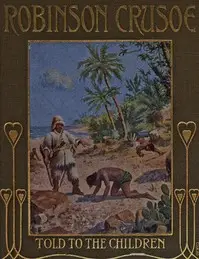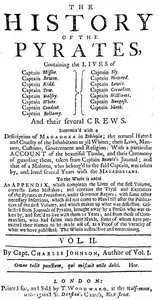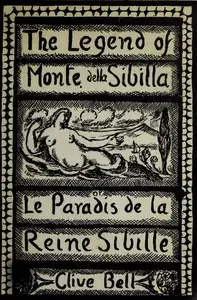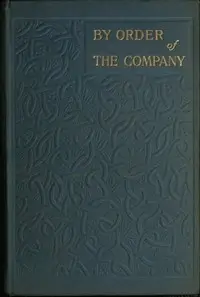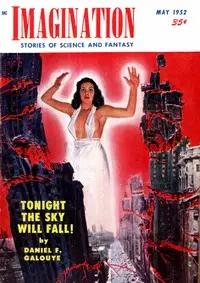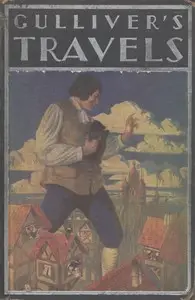"Robinson Crusoe" by Daniel Defoe is an 18th-century story about a young man named Robinson Crusoe who craves adventure and ignores his family's advice, leading him to a life at sea, where misfortune strikes and he becomes stranded alone on a deserted island; this is where he must learn to survive. Crusoe's early life shows his rebellious spirit and his desire for something more than a simple life, but his sea voyages quickly turn from exciting to terrifying as he faces the harsh realities of nature. The novel tells of his transformation and his struggles, highlighting the strength of the human spirit, and his journey of survival.
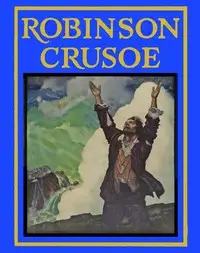
Robinson Crusoe
By Daniel Defoe
Driven by a thirst for adventure, a young man faces shipwrecks, solitude, and the ultimate test of survival on a deserted island.
Summary
About the AuthorDaniel Defoe was an English novelist, journalist, merchant, pamphleteer and spy. He is most famous for his novel Robinson Crusoe, published in 1719, which is claimed to be second only to the Bible in its number of translations. He has been seen as one of the earliest proponents of the English novel, and helped to popularise the form in Britain with others such as Aphra Behn and Samuel Richardson. Defoe wrote many political tracts, was often in trouble with the authorities, and spent a period in prison. Intellectuals and political leaders paid attention to his fresh ideas and sometimes consulted him.
Daniel Defoe was an English novelist, journalist, merchant, pamphleteer and spy. He is most famous for his novel Robinson Crusoe, published in 1719, which is claimed to be second only to the Bible in its number of translations. He has been seen as one of the earliest proponents of the English novel, and helped to popularise the form in Britain with others such as Aphra Behn and Samuel Richardson. Defoe wrote many political tracts, was often in trouble with the authorities, and spent a period in prison. Intellectuals and political leaders paid attention to his fresh ideas and sometimes consulted him.



